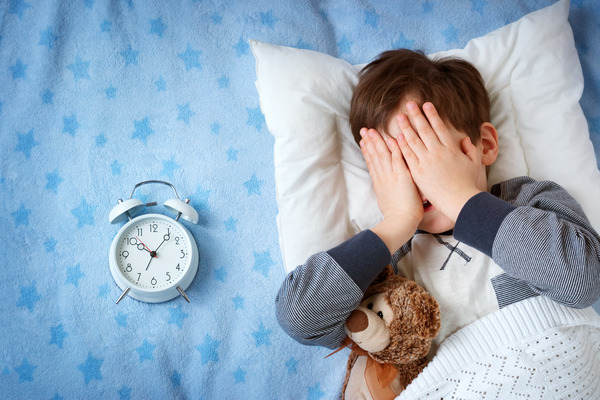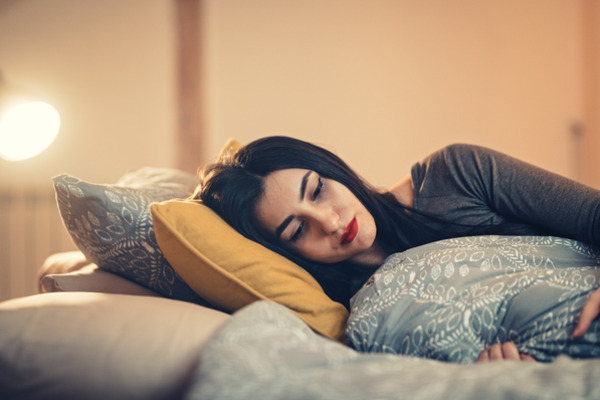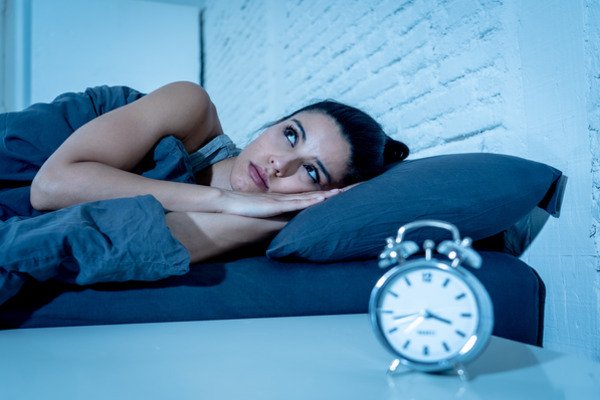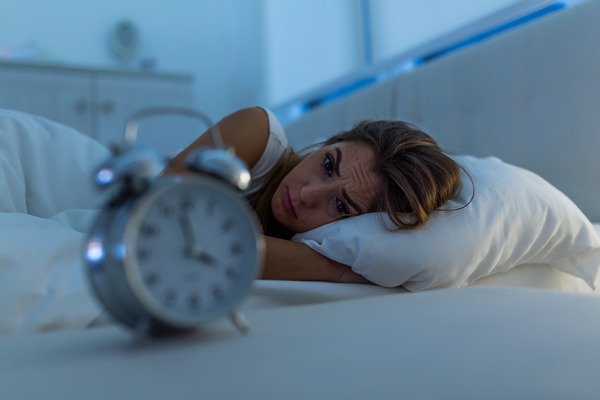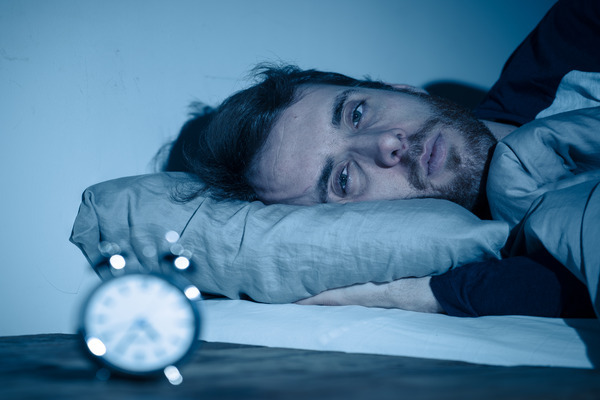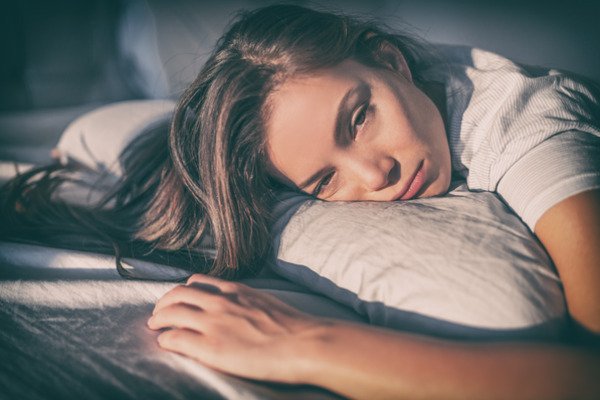Are there different types of insomnia? How can experiencing insomnia affect us? Discover the different ways insomnia can occur and how to deal with it.
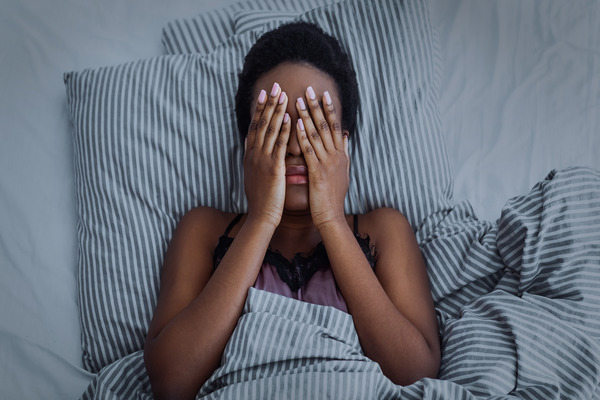
Not all people who have trouble falling asleep suffer from the same type of insomnia. In fact, The insomnia It is a sleep disorder that involves experiencing difficulties in sleeping. Therefore, those who suffer from it may end up suffering from daytime sleepiness and the feeling of not having enough energy to be able to cope with their daily routines in the best way.
Types of insomnia
According to different research, approximately 50% of adults can suffer from insomnia occasionally. In fact, insomnia can arise in any situation and at any age. But, depending on how long it lasts and how it affects you, you need to see a mental health specialist or a doctor. To identify if we are suffering from insomnia, we must take into account the different types that exist:
- Acute insomnia: This type of insomnia It is short-lived because it usually lasts between a few days or weeks. This is the most common type of insomnia and the one that usually affects the most people. It is also known as adjustment insomnia, as it usually occurs when experiencing a stressful event, such as the death of a loved one or starting a new job. Other common factors that can cause this type of insomnia are stress or anxiety caused by a specific situation.
- Chronic insomnia: We consider chronic insomnia when people experience problems sleeping at least three days a week for at least a month. This type of insomnia can be either primary, which implies that it has no obvious cause or medical condition that causes it, or secondary, which occurs together with another condition. Some of the most common causes that can cause insomnia may be of physical origin, such as diabetes, hyperthyroidism, apnea, or, on the other hand, of psychological origin, such as depression, anxiety or attention deficit disorder. hyperactivity.
- Onset insomnia: This type of insomnia involves experiencing difficulties initiating sleep. Therefore, those who suffer from it have many problems falling asleep. Typically, it is caused by psychological problems such as stress, anxiety or depression.
- Maintenance insomnia: It consists of experiencing difficulty falling asleep or waking up too early and having trouble going back to sleep. This type of insomnia It makes the person worry about not being able to fall asleep again and not getting enough sleep. By having these kinds of thoughts, they end up interfering more with sleep and a vicious circle is created. This type of insomnia can also be caused by unfavorable mood states.
- Insomnia upon waking up early in the morning: This insomnia means that people wake up long before the time they should. This ends up affecting the person’s abilities during the next day, since they will be more exhausted and will have less energy to cope with their routine.
- Mixed insomnia: These are people who experience problems related to either initiating or maintaining sleep, or even waking up too early in the morning.
- Comorbid insomnia: It is insomnia that arises as a result of another disease or disorder, such as anxiety, depression, sleep apnea, among others.
These are the main types of insomnia that you could suffer. If you think you are facing an insomnia problem and it is causing you discomfort or difficulties, it is important that you go to a professional psychologist or family doctor as soon as possible.

How can insomnia affect you?
He insomnia It can end up causing a series of risks and side effects that end up affecting both our mental and physical health, harming our personal and professional lives. Among the most common risks of insomnia we can find the following:
- Less productivity: Lack of sleep causes difficulties in being able to concentrate and finish tasks that require greater focus of attention. Therefore, by suffering from any of the types of insomnia that we have mentioned, people may suffer from lower performance both at work and in the school/academic environment.
- Increased risk of depression and other mood problems: Not being able to sleep can also end up making people more likely to suffer from depression, anxiety, or have more stress problems.
- Greater risk of suffering from chronic diseases: Those who suffer from insomnia can end up suffering from other chronic diseases such as cardiovascular accidents and obesity.
- Relationship difficulties: Insomnia can affect our mood and cause people to end up suffering problems in their relationships, which can translate into experiencing difficulties in their closest relationships.
These are some of the negative effects that insomnia can have on people. Therefore, if you see that this disorder is affecting you, we recommend that you go to a professional psychologist.
How is insomnia treated?
He insomnia treatment It may vary depending on the cause that causes it. Consequently, the first thing is to go to a doctor and psychologist to analyze your situation.

